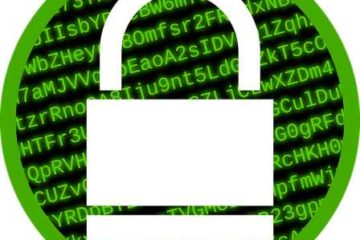Artificial Intelligence refers to cloning human intelligence in machines wherein they are programmed to imitate and think like humans. But is AI advanced enough to differentiate between what is ethically correct and what is not?
The legal authorities rely on AI to ease its employees’ work. But advancement in AI does not ensure its reliability in the field of ethics. The American Bar Association urged the courts and lawyers to address the issues relating to the rising ethical issues in the practice of law.
Most of the legal industries want to standardise ethical AI thereby creating a more sturdy code of conduct. Frank Pasquale, Law School Professor, University of Maryland suggests that before using technology on behalf of one’s clients, an attorney must be well aware of how AI works. So, an attorney has to be skeptical, and not to rely on AI entirely, which is only an improved form of an already existing technology. According to John W. Simek, Vice President of Sensei Enterprise, machine learning, a branch of AI, is used to review documents and sort through files based on what the attorney has taught the program to seek.
Since there are no specific guidelines to use AI, the first rule should be an attorney’s competence to use the technology followed by rules governing confidentiality and supervision of lawyers and non lawyers. An attorney is also expected to inform the court and the client if AI is used, out of good practice.
#AIMonks #AI #ArtificialIntelligence #Lawyers #Judges #Court #JudicialSystem #LegalAuthorities #Technology #Ethics #Morality #Responsibility #Law #LawPractice #Attorney



0 Comments